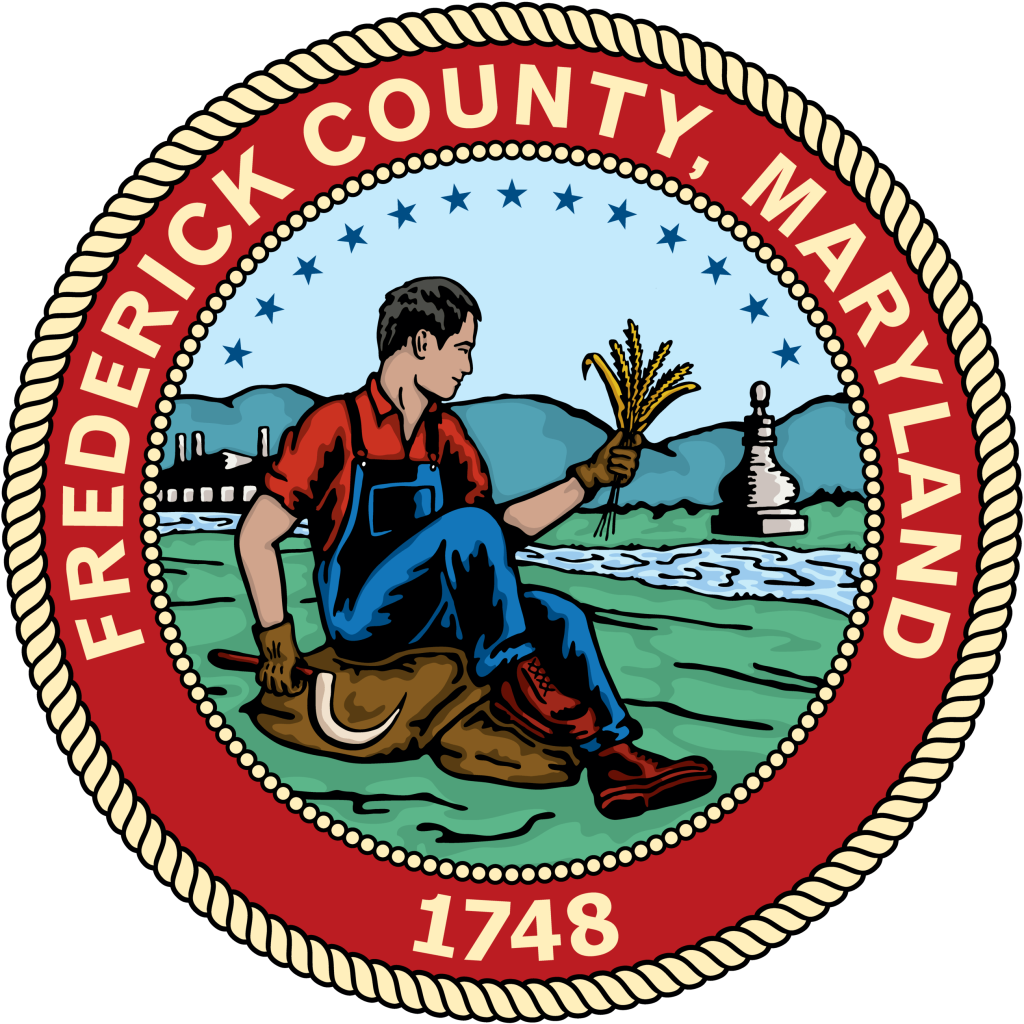The board also approved a fiscal year 2025 budget.

Frederick, Md (KM)( Frederick County’s property tax rate is going up. In a 4-to-3 vote Tuesday night, the Conny Council approved a five-cent increase, which brings the rate up to $1.11 per $100 of assessed value. This boost in the property tax rate is expected to bring in $21.5 million annually which will be used for school construction.
Councilman Jerry Donald, a retired public school teacher, said, he has spoken with his constituents who recently received their property tax assessments. “The word one of they gave me was sticker shock, and that sticker shock is going to reverberate. Adding another nickel on top of that–with no assurance that the state is going show up with their money–is just something for which I cannot vote for,” he said.
His colleague, Councilman Steve McKay, had similar comments. “Seniors on fixed income who just want to stay in the home they’ve lived at for 40, 50 years, and can’t because of the property tax; who just got a 25- to 30-percent assessment increase and now a five-percent rate increase; it hurts,” says McKay.
The Council voted down an amendment introduced by Councilman McKay which would require this additional tax revenue would be spent only on projects to replace, modify or update older schools; and revenue is supplemental, and should not supplant funding that would be appropriated for school construction projects.
But Councilwoman MC Keegan-Ayer, who voted in favor of the tax rate increase, said this additional money will help the county deal with aging school buildings. “While it may not be a perfect solution, it’s a solution of some sort. And I applaud the County Executive for being bold enough to make this effort,” she said.
Also echoing similar comments was Councilwoman Renee Knapp. “This revenue stream will allow us to exert more local control, to expedite projects that have a demonstrated need, and be able to address inequities that we have with our newer school buildings and students that attend buildings in the more rural areas of our county that we haven’t been able to address,”: she said.
Council members McKay, Mason Carter and Donald voted against the tax rate increase.
The new property tax rate takes effect on July 1st, 2024, the first day of fiscal year 2025.
In a separate vote, the Council also approved an operating budget for fiscal year 2025 which totals $981.9 million and that is $89.8 million dollars more than the current spending plan.
Councilman McKay, who voted against it, said the county needs to control the growth of local government, especially if it wants to better fund public schools. “We take our discretionary spending ability away from ourselves by continuing to grow our base budget year after year after year,” he said.
Councilman Carter also voted against. “Given that this budget is predicated on the tax rate increase for the property tax, this budget greatly hurts our middle and working class families,” he said. “The kind of families that you can find in every council distinct, in every town, because Frederick County is a working class county..”
In her comments, Councilwoman Keegan-Ayer said this budget meets the needs of a growing county. “We are tasked with balancing the budget. I understand it’s very convenient to sit here and say ‘we should be cutting. We should be doing this, that and the other thing.’ I understand that. I am looking at the county as a whole and the need that our residents as a whole have, and the services they come to us and ask us to provide,”: she said.
Council Vice President Kavonte Duckett also supported the budget. “One thing that I think that we have done an exceptional job at is making sure that our service delivery remains top tier,”: he said. “This budget will allow us to continue to do those things, and be responsive to every single person that resides in this county.”
Council members McKay and Carter voted against the budget.
In a separate vote, the Council approved an amendment which would take about $443,000 in surplus from the Council’s budget and give that amount to the Board of Education.
By Kevin McManus